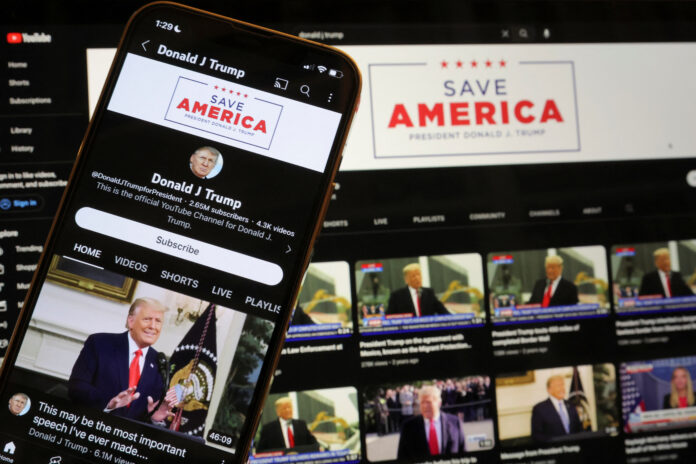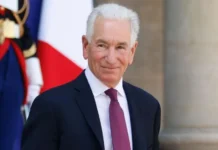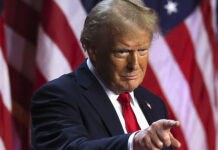
YouTube has agreed to pay $24.5 million to settle a lawsuit filed by former President Donald Trump after the tech giant suspended his account following the January 6, 2021, insurrection.
The settlement marks the conclusion of legal action against the three major social media platforms Trump sued over his removal from their services, following Meta and X (formerly Twitter).
Under the terms of the settlement, YouTube will pay $22 million to the Trust for the National Mall, a nonprofit focused on preserving and restoring the National Mall and supporting the construction of the White House State Ballroom, according to court filings. An additional $2.5 million will be paid to other plaintiffs, including the American Conservative Union.
Trump’s legal challenge claimed that social media platforms violated his rights by banning him after the violent events in Washington, D.C., on January 6, 2021, when a mob of his supporters stormed the Capitol in an attempt to overturn the results of the 2020 presidential election.
YouTube, like other platforms, argued that the suspension was a lawful enforcement of its policies against content inciting violence.
The settlement follows earlier resolutions with other tech giants. Meta, the parent company of Facebook, agreed to a $25 million settlement in January, while X reached a deal in February, reportedly involving around $10 million. With YouTube’s settlement, the legal saga surrounding Trump’s social media bans appears to be coming to a close.
The payouts will go primarily to charitable and advocacy groups rather than directly to Trump himself, highlighting the legal strategies involved and the emphasis on broader causes tied to the settlements.
Legal analysts suggest the agreement may set a precedent for how high-profile figures can challenge social media content moderation policies. Critics, however, argue that the settlements reflect the immense power and influence of former political leaders in negotiating with Big Tech, raising questions about accountability and free speech on private platforms.
The case serves as a capstone in a series of post-presidential legal battles for Trump, while also illustrating the growing tension between social media regulation, political influence, and the governance of public discourse online.


















